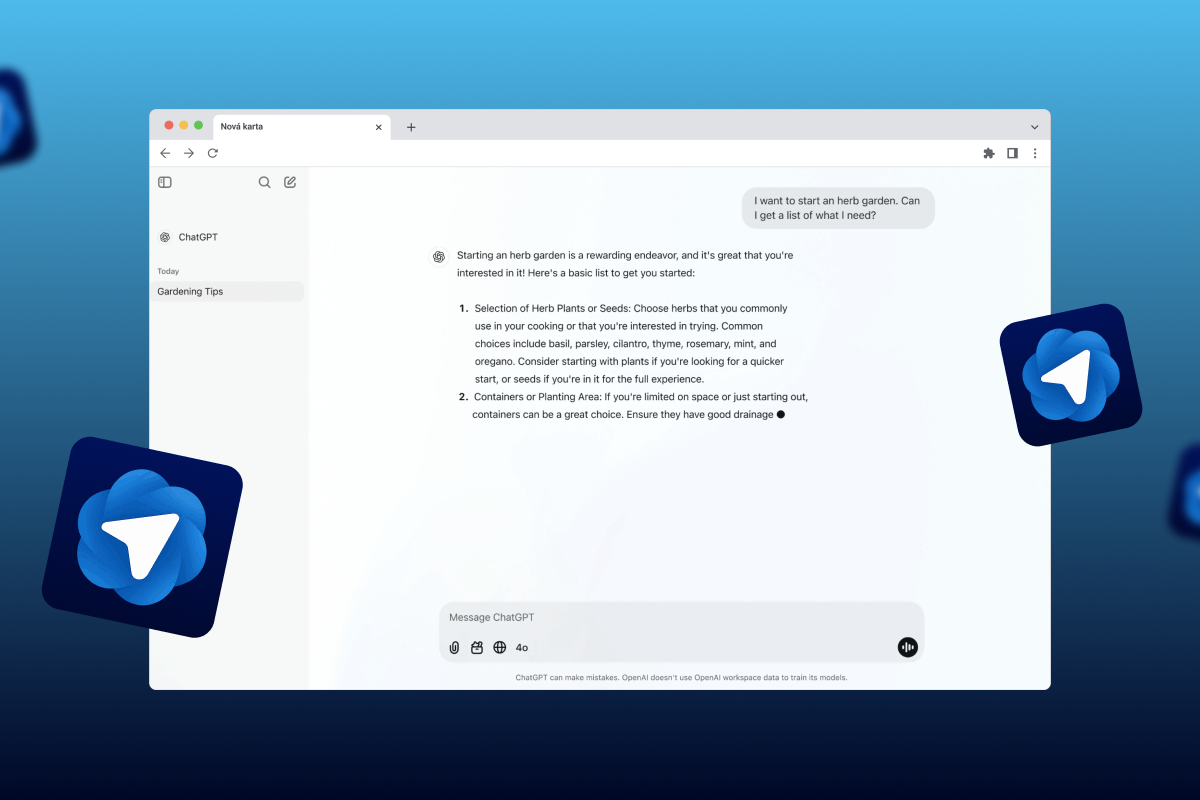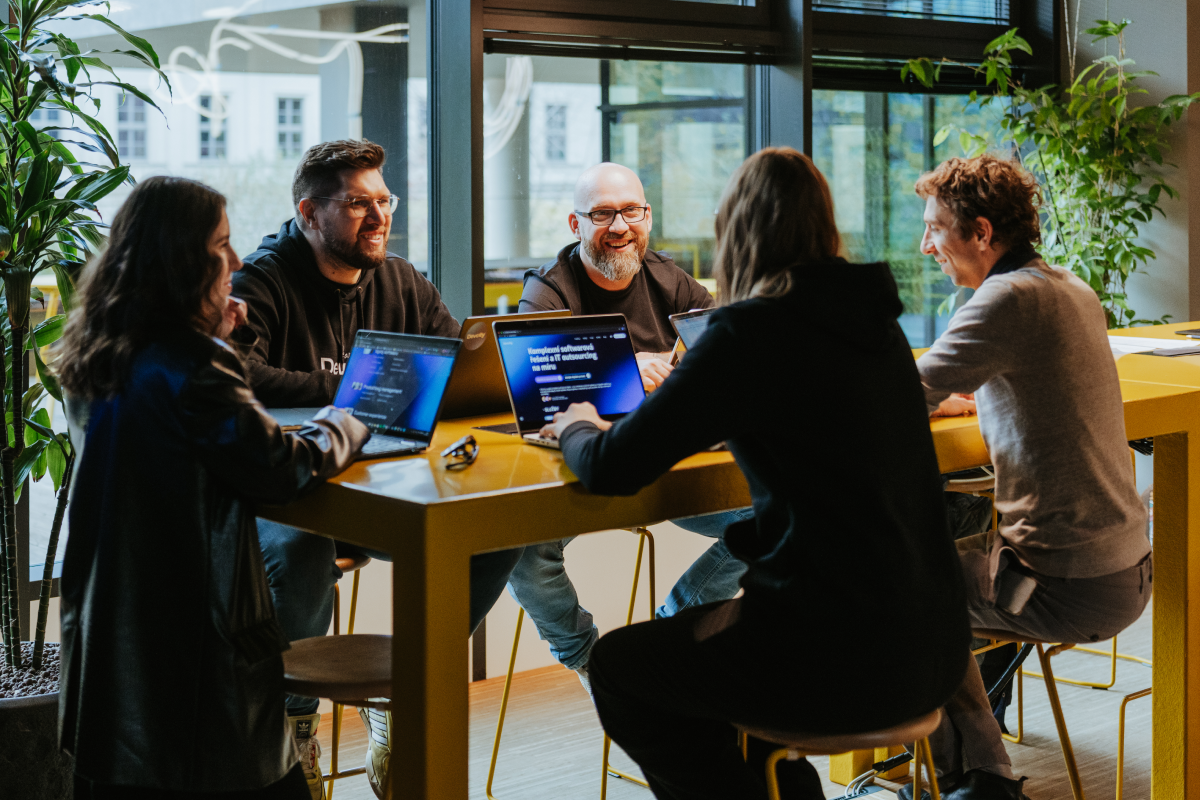What skeletons are hiding in the closet?
Like other AI tools, Atlas comes with both opportunities and risks.
Atlas can access and actively process the content you browse. If allowed, it can remember or store information — raising questions about how securely it handles your data and who may access it.
Independent tests show that Atlas currently has the lowest level of phishing protection among common browsers — only around 5.8% success, while others reach 50–70%.
In other words, Atlas will rarely warn you if you visit a fake website, posing real risks for users and organizations handling credentials or sensitive data.
Security experts also warn of “prompt injection” — hidden commands embedded into webpages that can manipulate AI behavior and gain access to your data. Another concern is that the system may retain information longer than you realize.
For this reason, Atlas should not be used for logging into important accounts, such as email, cloud storage, or company systems. Traditional browsers with proven protection remain a safer choice for sensitive data.
Impact on companies and digital products
The rise of AI browsers changes how users discover and interact with digital products. People will no longer rely solely on search engines but also on AI assistants.
Your products must therefore be understandable not only to humans but also to technologies that interpret them.
Data quality, structure, and accessibility will be key. Well-designed websites and systems should work seamlessly for both humans and AI agents.
Companies that adapt early will gain an advantage — their products will stay visible, trustworthy, and usable in the new digital environment.
How to prepare for the future of AI browsers
AI browsers will likely become a standard part of the digital world, just as mobile apps and cloud services did before.
It’s worth considering how your websites, apps, and systems will perform in a world where AI interacts with them.
Focus on clear architecture, secure data handling, and open APIs that enable communication between your systems and AI.
Equally important is educating teams and setting clear internal rules for using AI safely.
At Devcity, we see this change as both an opportunity and a commitment. Technology should make people’s work easier and not undermine their trust. We help companies design and develop solutions that succeed in environments where humans and AI collaborate naturally and securely.






